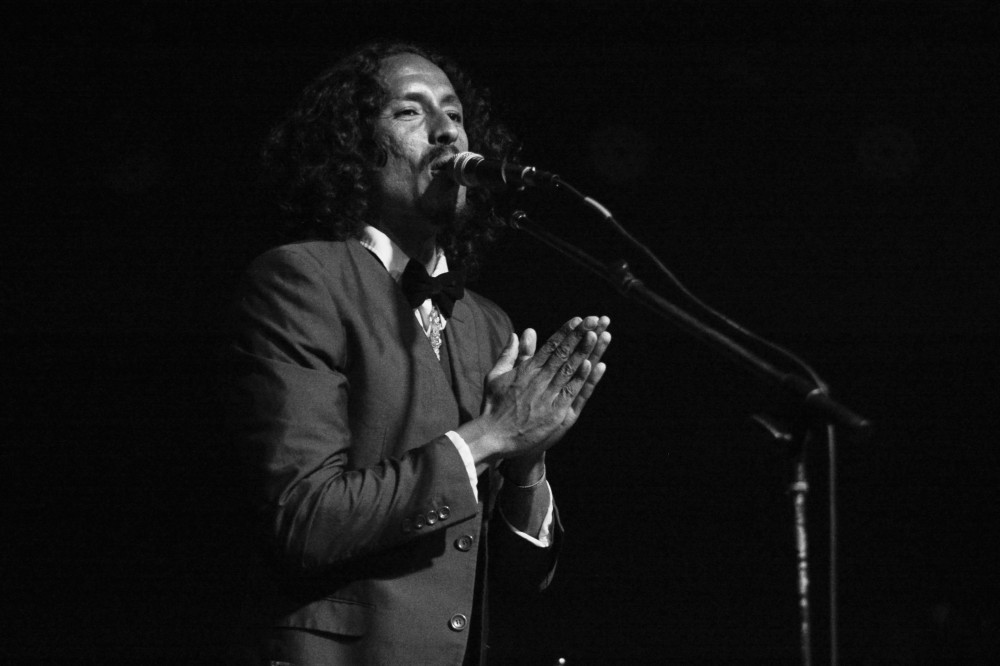If you told me five years ago that I’d be writing an album review for Ke$ha, well I wouldn’t believe you. Her pop music was never the kind I could stomach – no offense to the person (every offense to the genre). To me, Ke$ha’s music was an audible representation of a glitter coated bottle full of trouble, late nights and regret.
Now, Kesha, on the other hand, seems to be someone entirely different. Her recent release, ‘Rainbow’ is still pretty poppy, but dropping the dollar sign and most of the autotune has done her sound a world of good.
All jokes aside, it’s no secret Kesha has been through a lot the past couple of years including a lengthy and messy legal battle with a truly scummy human being, AKA her former music manager and producer Lukas Gottwald. Kesha accused Gottwald of sexually abusing her, administering date-rape drugs and emotionally manipulating her; Gottwald denies these claims.
A legal battle so public and substantial would be soul-sucking for anyone, but Kesha has done something truly beautiful. She persevered.
Her new album addresses all this, not so much as a battle cry, but more as a ballad, a story of her struggles, one she can release to the world and let go of in her heart.
Her opening track tackles the elephant in the room. “Bastards” doesn’t mince words or leave any ambiguity. Kesha pours her pain into this slow starter, and finds hope somewhere along the way. Musically it’s a complete 180 from the tracks she’s been known for in the past. It isn’t self-indulgent, even though Kesha is speaking about personal matters. Instead it takes her experiences and opens it up to others.
“I’m so sick of crying … I could fight forever, but life’s too short … don’t let the bastards get you down,” Kesha sings.
Her following track pushes the album into full throttle giving fans an anthem song to sing over and over. “Let ‘Em Talk” throws up a middle finger to anyone in her way; past, present or future. She’s not thinking about you, but you will know she is doing better without you.
What follows next are more fast-paced songs to uplift and capture a carefree inhibition. Kesha pours her grit into catchy and upbeat singles ready for radio play and at home on repeat. Songs such as “Hymn” fill a void for the listless and give hope to the aimless.
In “Praying,” Kesha slows things down again to lament her suffering to rise above it, a little scathed but better off nevertheless.
“I’ll bring thunder, I’ll bring rain. When I’m finished they won’t even know your name,” Kesha sings.
“Praying” is squarely directed at Gottwald and his supposed actions, but it’s not a condemnation, rather it’s a reflection.
“I hope you’re somewhere praying. I hope your soul is changing. I hope you find your peace, falling on your knees, praying,” Kesha sings.
“Learn to Let Go” continues Kesha’s self-discovery as she makes peace with herself and the circumstances she faced. This song, and others on the album, serve as a sealed envelope that contains all of Kesha’s fears, regrets and triumphs. She hands it to us unapologetically and gives us a letter opener.
The album doesn’t stay stuck in Kesha’s past though. Songs in the latter half reflect on love, dancing and the finer things in life like the feeling of wearing nothing but your lover. While a handful of these songs cross the line into Kesha’s older territory (too much pop for me), others are downright delightful and sound almost like classic country hits.
“Hunt You Down” is very Cashlike with thumping guitar riffs and lyrics that don’t take itself too seriously. Kesha takes a drip from her glitter coated bottle and pours it over a persona that distills the likes of Johnny Cash and Loretta Lynn.
Others such as “Spaceships,” the closing track, are more serious and service Kesha best merging classic country with a modern pop sound, but it’s not quite the pop-country we hear today. It’s better than that, and even calls on classic country veteran Dolly Parton to lend a hand – Kesha collaborates with Parton to cover “Old Flames (Can’t Hold A Candle to You).”
Overall, Kesha seems adamant to uplift herself and her fans. While her album addresses the pain and struggles she’s been through, its voice is not that of an individual stuck playing the victim’s role, rather one who is done remaining helpless. She uplifts herself through her own volition and with the help of others. She offers her perspective and gives refuge to those searching for their own voice.
‘Rainbow’ can be distilled into a few key points: bad things happen, but it doesn’t always reflect who you are. It doesn’t define you, but what does is whether or not you’re able to overcome the bad things. To here more from Kesha’s new album, visit her website.



 Anderson’s bandmates were equally as impressive. Each member brought their own interpretation, their own spark to Anderson’s music.
Anderson’s bandmates were equally as impressive. Each member brought their own interpretation, their own spark to Anderson’s music.
